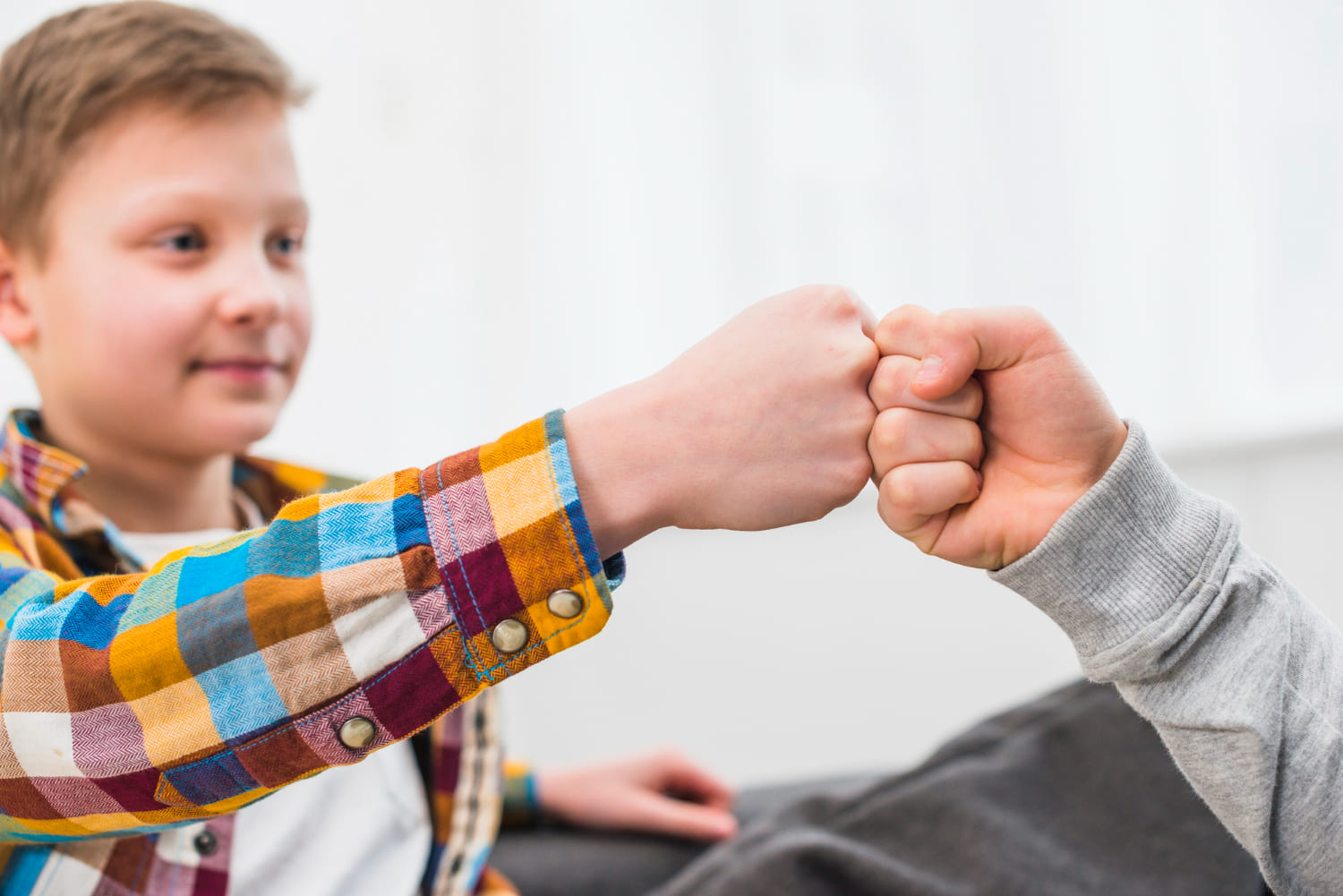13 Essential Steps for Your Child’s Recovery from Autism
Finding out your child has autism can be incredibly overwhelming. It’s completely normal to feel a sense of despair at first. But please hold on to hope, even if your pediatrician’s prognosis seems grim. From my experience, many children show significant improvement with early behavioral and homeopathic intervention. In my clinic, we see 3-5 new autism cases daily and follow up with at least a dozen ongoing cases.
Early Intervention: The Sooner, the Better
The earlier you start, the better the chances for your child’s progress. Accepting the diagnosis quickly is crucial; many parents struggle with this for months or even years, which can be harmful to the child. Early intervention plays a key role in their recovery.
Confirming the Autism Diagnosis
Diagnosing autism in very young children, particularly between 18-24 months, can be challenging, especially if the signs are mild. Pediatricians might not always have the specialized training to identify Autism Spectrum Disorder (ASD). A neurodevelopmental specialist is best suited for this task. A useful diagnostic indicator is how a child responds to their name being called, especially by a stranger. If they respond less than 7-8 times out of 10, there may be a strong chance of autism.
If you suspect autism, seek a professional diagnosis as soon as possible. If confirmed, begin behavioral and homeopathic interventions immediately.
Understanding Your Child’s Experience
Take a moment to understand what’s happening with your child. It may seem like they’ve retreated into their own world, disconnected from their surroundings, and engaging in self-stimulatory behaviors. This detachment can hinder their learning. Your goal is to minimize this isolation and encourage their engagement with the world.
Full Commitment: Go All-In
When autism is confirmed, it’s essential to commit fully to your child’s recovery. Channel all your energy into helping them. Parents who dedicate significant time and resources early on often see better outcomes.
Avoid Regular School Initially
For autistic children, regular schools without specialized support can be detrimental. I had a case where a child with moderate autism lost progress after starting at a conventional school. The school lacked the necessary infrastructure, leading to regression. I advise against enrolling children in regular schools during early stages. If school is necessary, ensure it provides a dedicated shadow teacher. Regular schools can hinder progress and reinforce the child’s isolation.
Your Role vs. The Therapist’s Role
You play a crucial role in your child’s progress. Often, parents mistakenly rely solely on therapists and neglect the essential work done at home. It’s vital to continue stimulating your child at home. Engaging them in activities, talking, and playing should be constant. This interaction helps prevent them from slipping into isolation, which impedes learning.
Parents as the Best Therapists
While professional therapy is valuable, parents who actively engage in therapy at home often see the best results. Autism therapies are accessible, and many resources are available online. Your involvement is critical to your child’s recovery.
The Key to Autism Therapy: Stimulate, Simulate, and Engage
The essence of autism therapy is constant engagement. Keep your child involved in interactions; never let them retreat into their own world. Continuous stimulation helps them connect with their surroundings and supports learning.
Avoid Gadgets
Gadgets like TVs, iPads, and iPhones can hinder recovery. They often become a fixation and exacerbate self-stimulatory behaviors. Many children show remarkable improvement when they are kept away from these devices.
For Working Mothers
If possible, prioritize your child’s recovery. Consider taking time off work to focus on early intervention and homeopathic treatment. Synchronizing your sleep schedule with your child’s can also improve your energy levels and effectiveness in engaging with them.
Working from home might not provide the focused attention your child needs. Ensure you’re fully present and dedicated to their recovery.
Increase Human Interaction
Having more people around for interaction can benefit children with autism. While the reasons for increased autism rates are not fully understood, greater human interaction in the home has been shown to support recovery.
Foster Passive Learning
Children learn a lot passively from their environment. To support this, keep them constantly stimulated and engaged. Avoid letting them spend large portions of the day isolated or alone.
Focus Beyond Speech
While speech is important, it should not be the sole focus. Speech development is a result of overall brain development. Instead, aim for spontaneous speech where the child can naturally pick up and use words from their environment.
Consider Homeopathy
Homeopathic treatment can play a significant role in autism recovery. Although not all children will experience dramatic improvements, homeopathy has shown strong efficacy in treating autism spectrum disorders. Research and personal experiences support its benefits.
While many parents choose not to share their success stories, those who do contribute to the broader understanding and support for others. Explore homeopathy as an option and refer to resources and testimonials for more insights.




